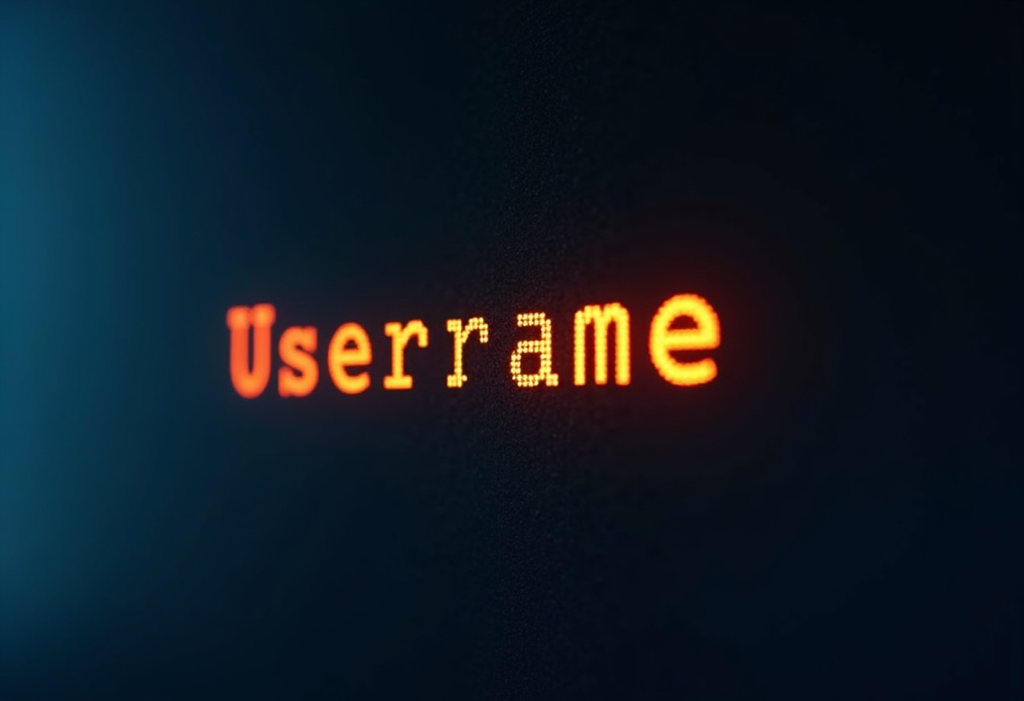DerScanner > Blog > IoT Market: Wide Range of Protocols

IoT Market: Wide Range of Protocols
The IoT solutions market is extremely varied and manufacturers take different approaches to device design and security. Each vendor can create its own protocol if common ones, like Bluetooth, can’t do the job for some reason.
Actually, IoT devices feature a great variety of protocols, including both unique (designed from scratch) ones and modifications of well-known solutions such as Wi-Fi. Such protocols use a lower frequency and therefore cover a larger area.
The developer of a new protocol often aims to avoid known and widespread vulnerabilities. In this case, security is ensured to some extent, although any aspects unnoticed by the developer might become vulnerabilities. The good news is that a little-known protocol is of no interest to hackers, who may even be unaware of its existence.
Therefore, today, anyone can take hardware, develop software and create their own protocol. Formally, such a device will be classified as IoT as there is no commonly accepted standard specifying IoT device design and criteria.
Since vulnerabilities are revealed sooner or later, the developer should regularly update the software to ensure security, which may be tricky as IoT devices are not always connected to the Internet. IoT implies information exchange between devices via certain channels (e.g. radio). It is thus important to install software updates with security patches, although many devices do not support this. Consequently, adoption of a unified standard governing IoT device design could perhaps one day address this issue as well.
Share with:
You will definitely like these articles

SCA vs SAST
2025-06-02
11 Examples of Supply Chain Attacks
2025-05-20
